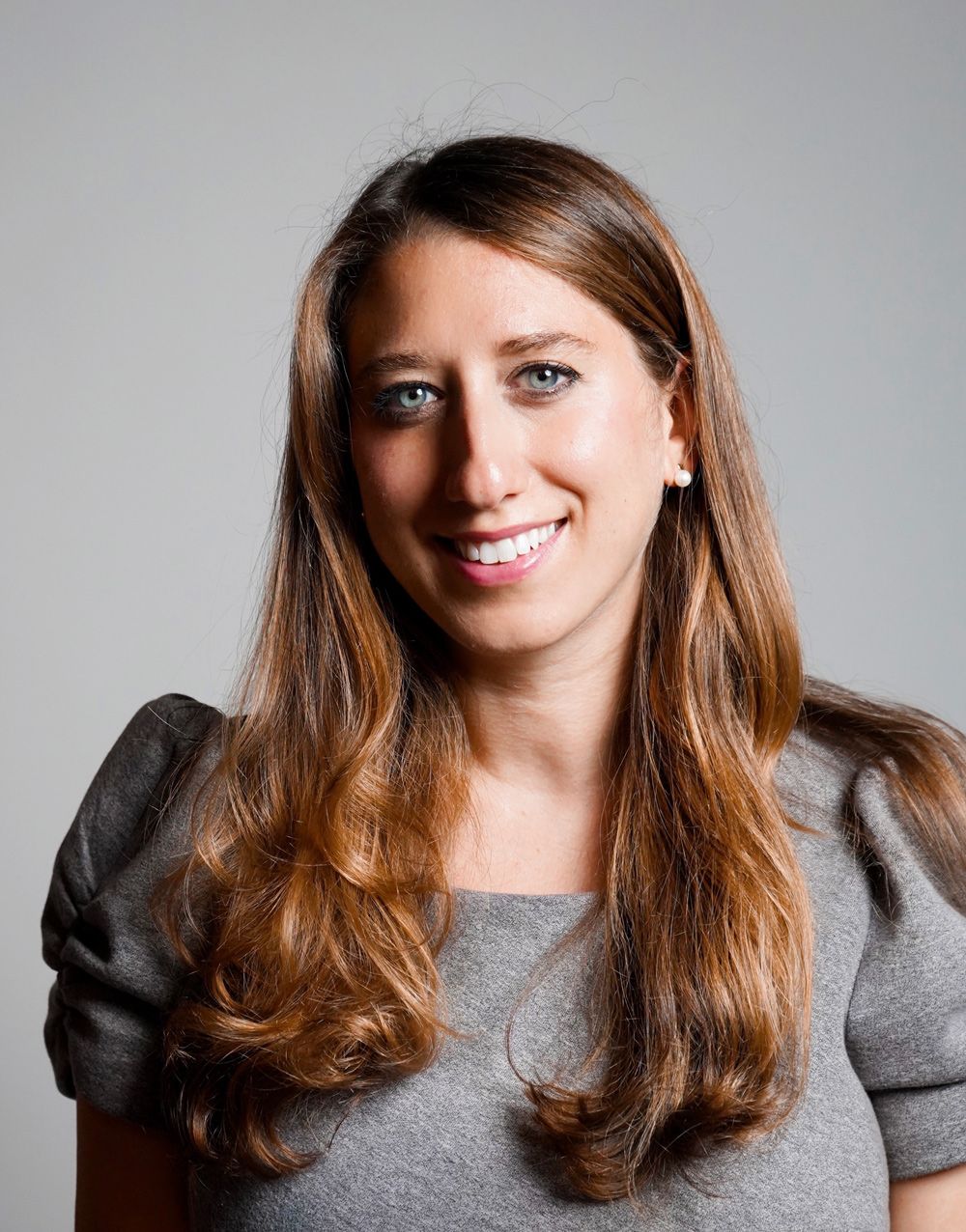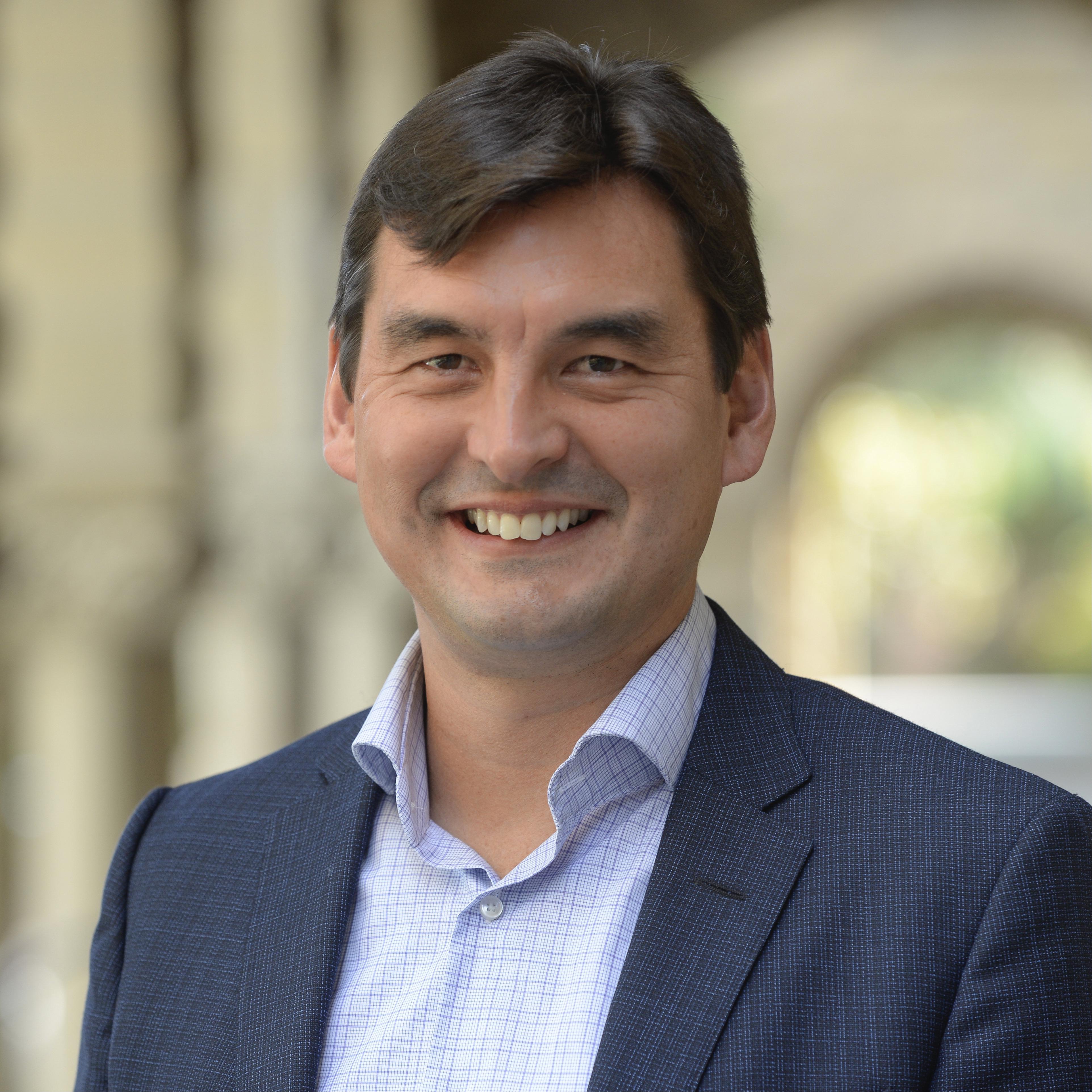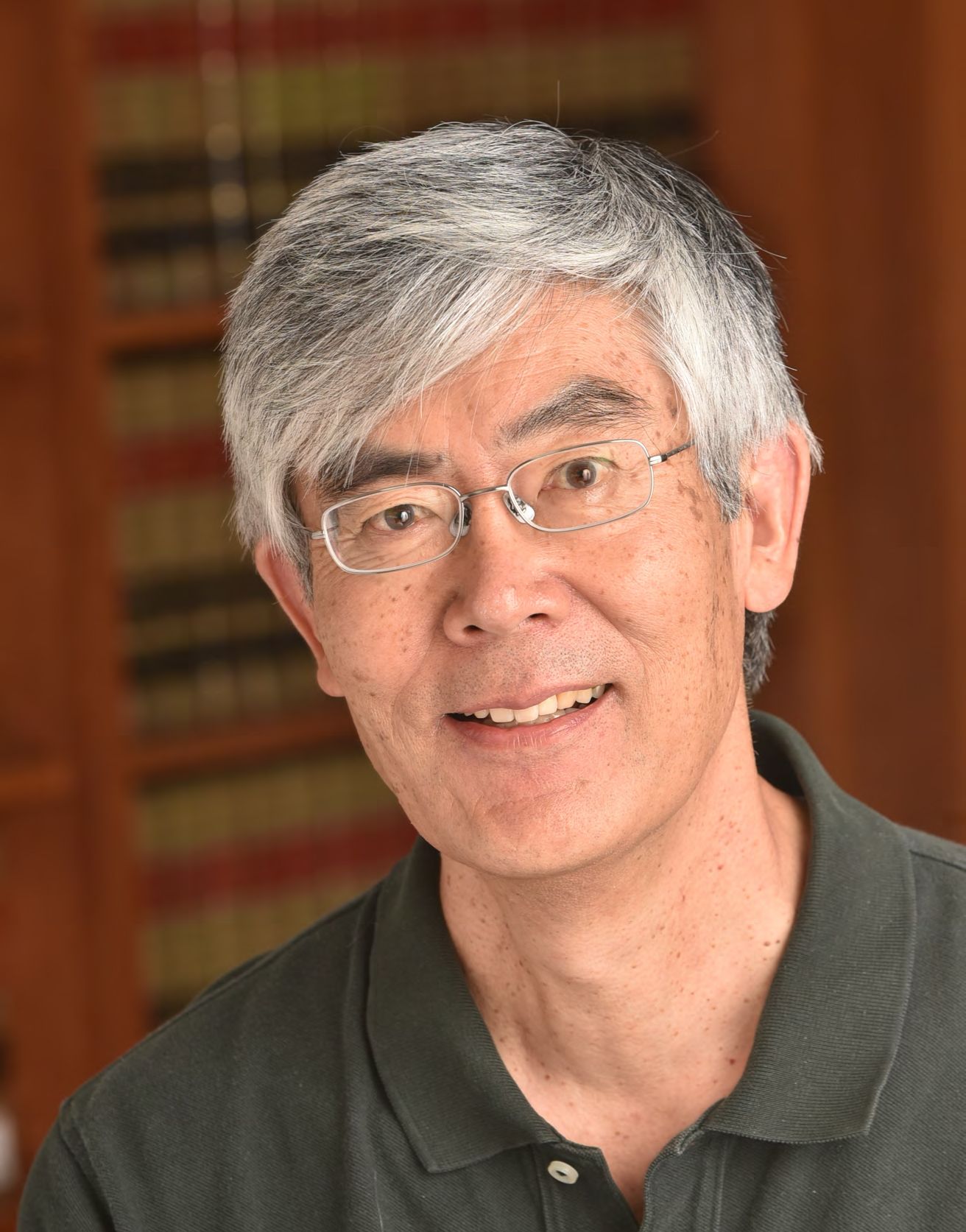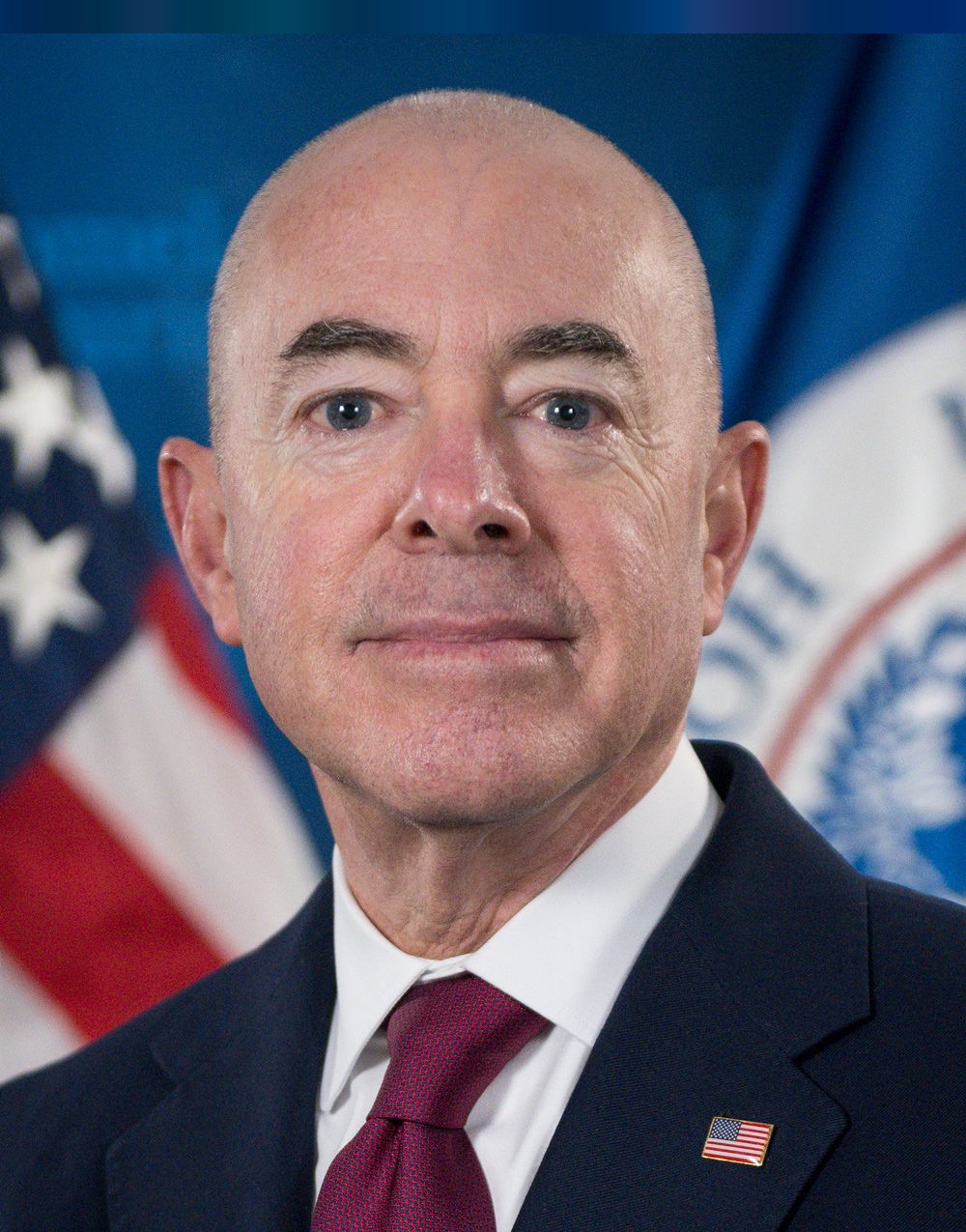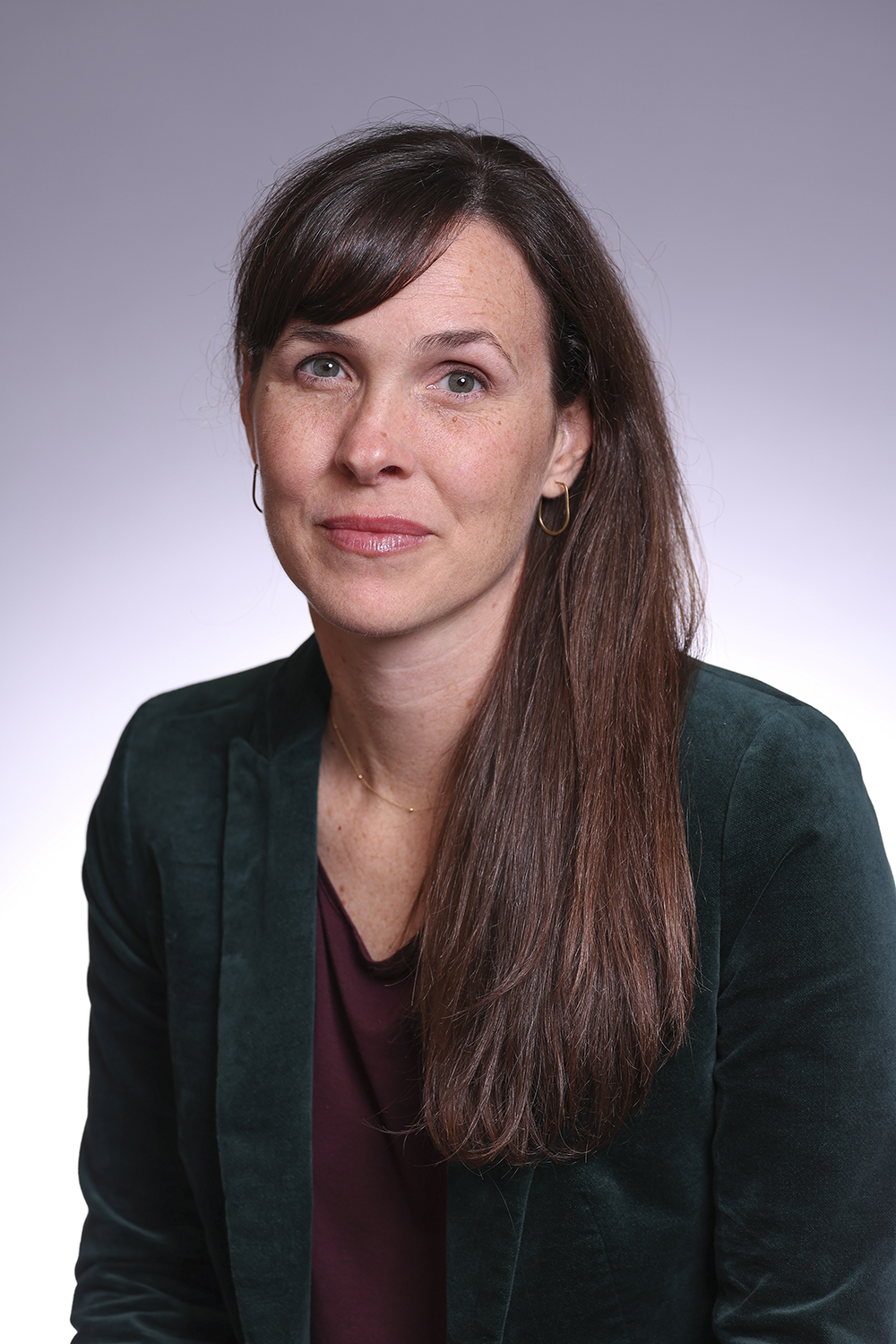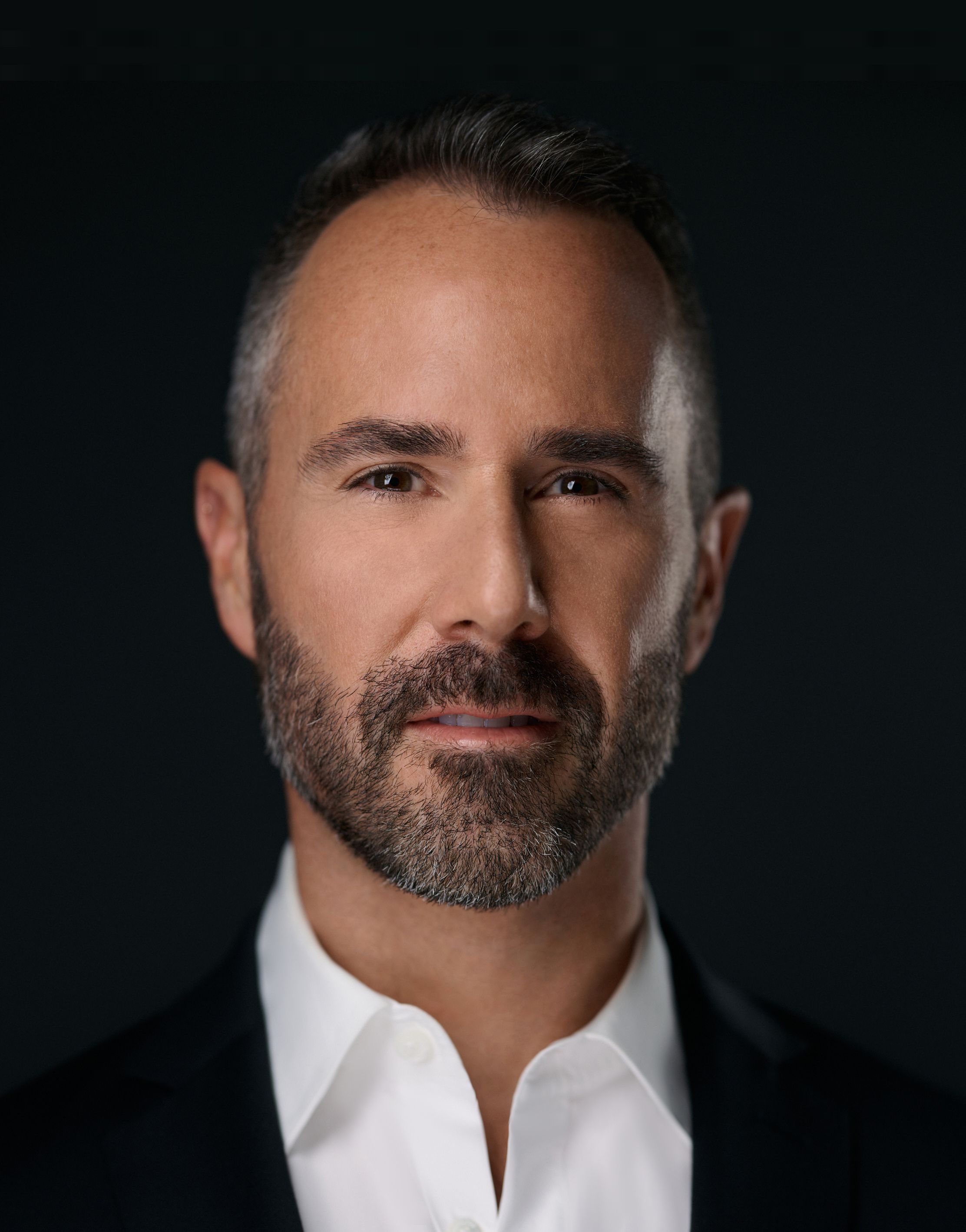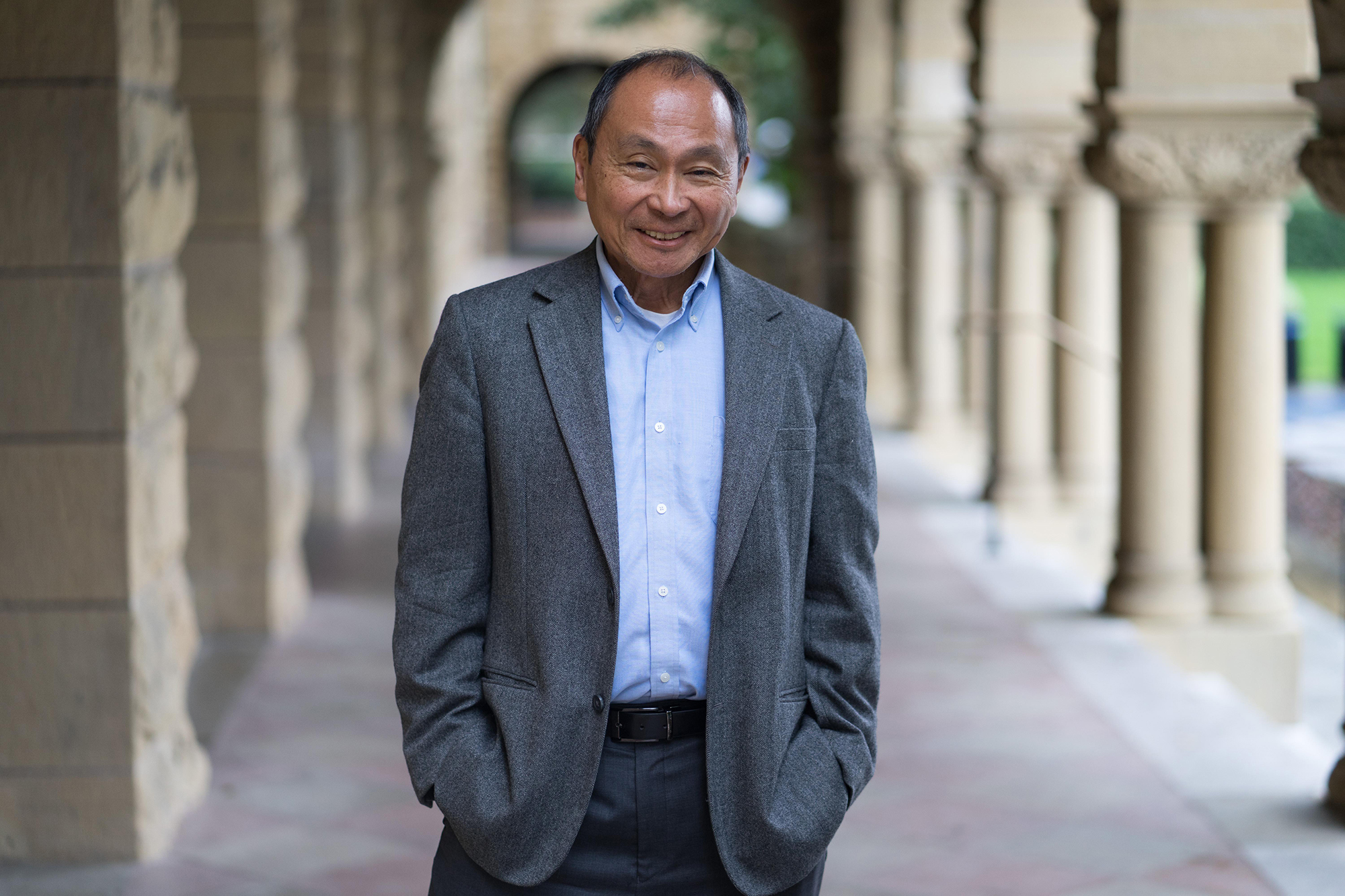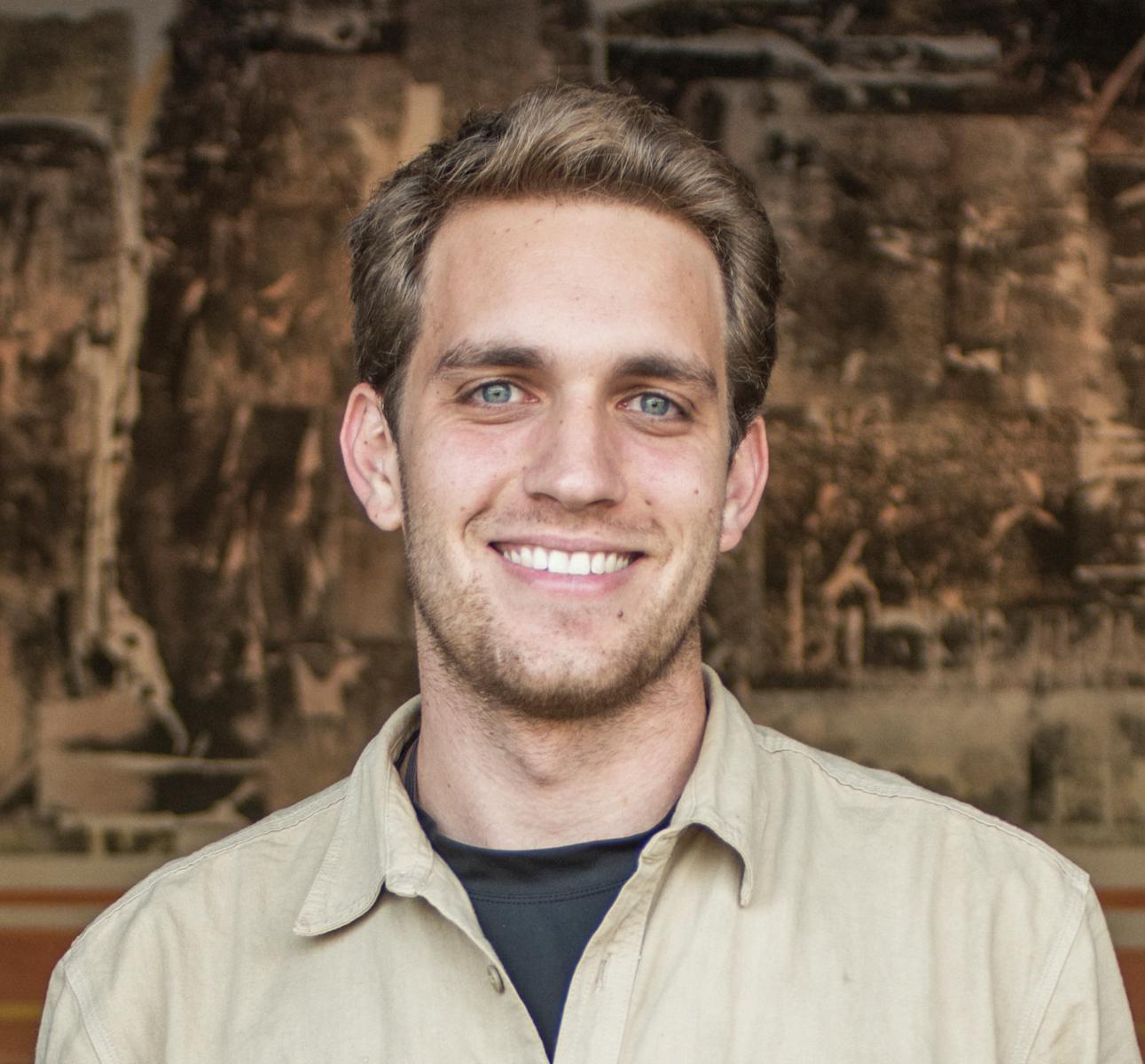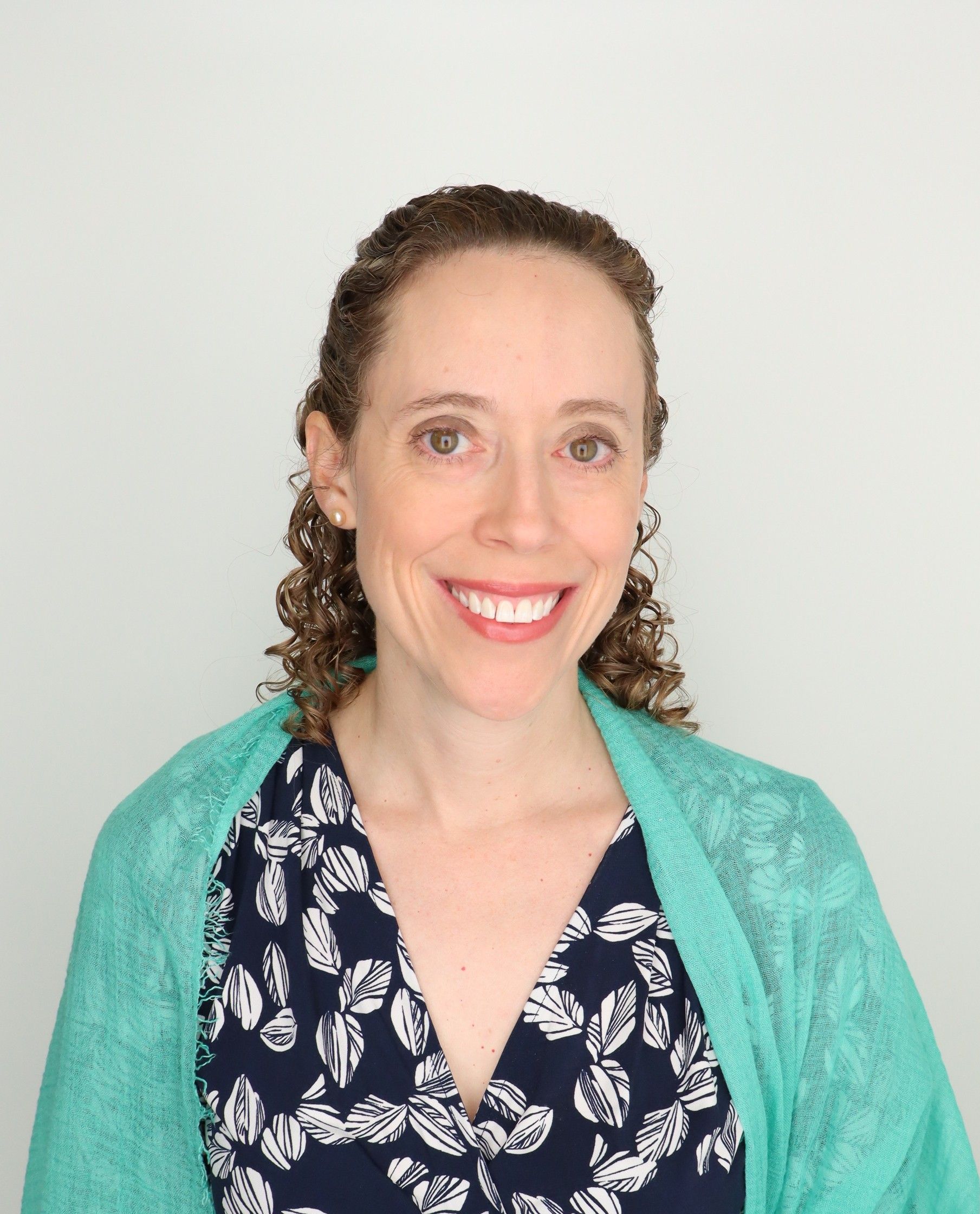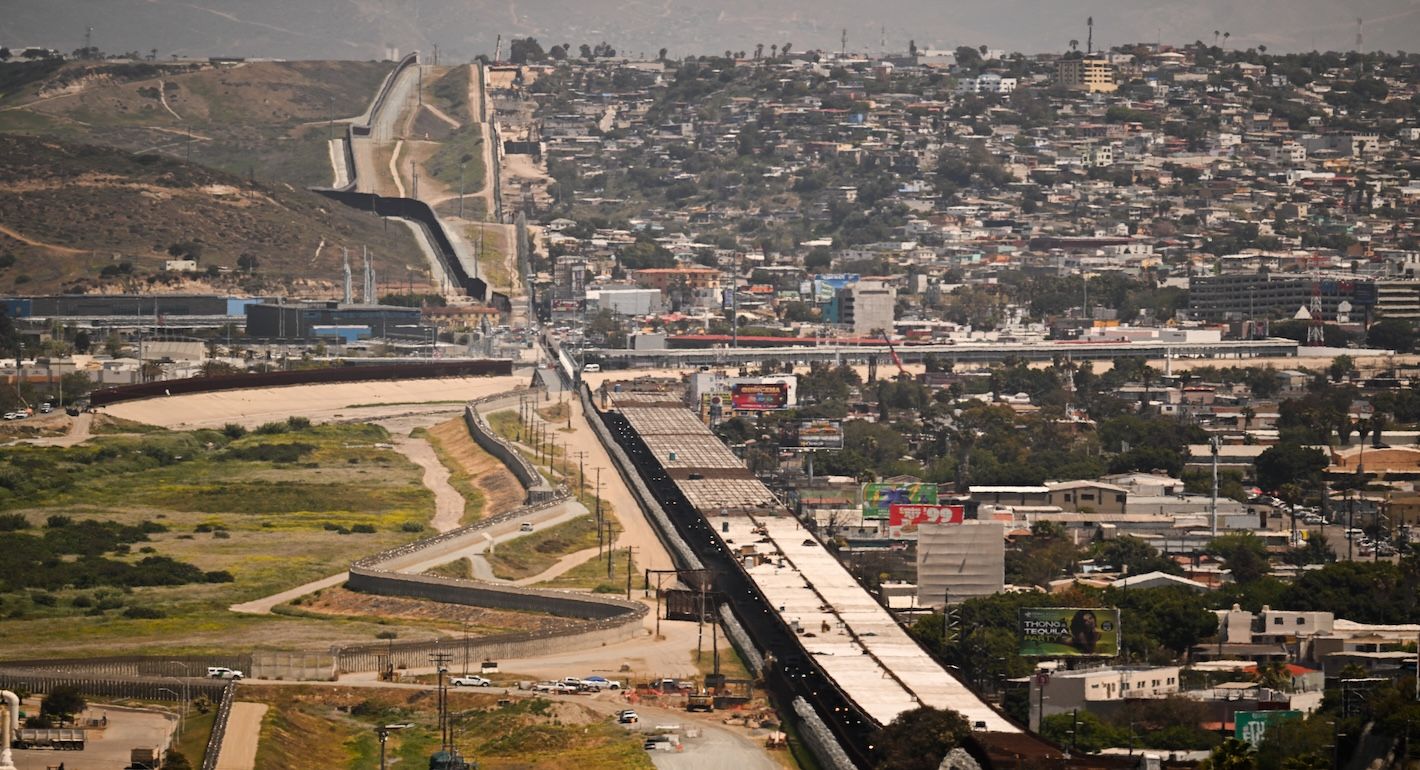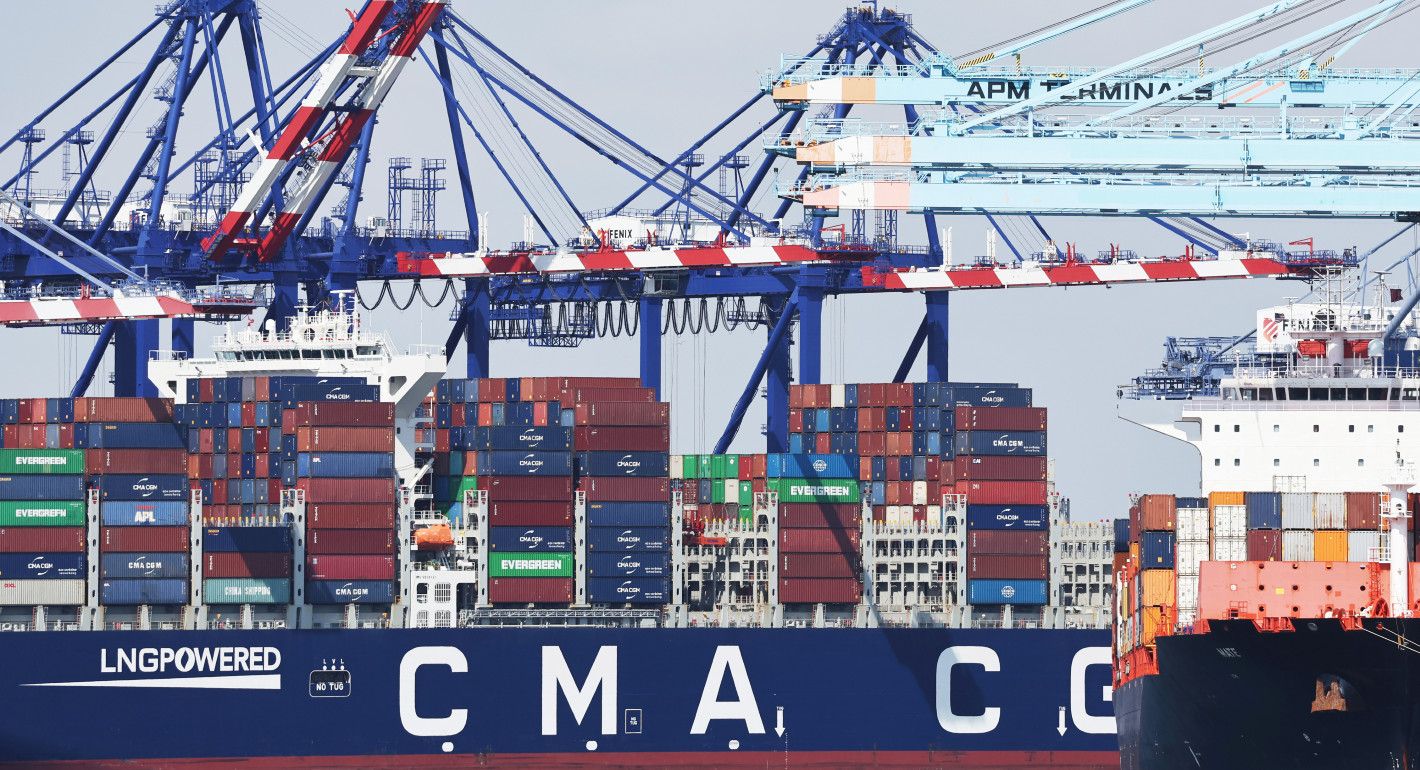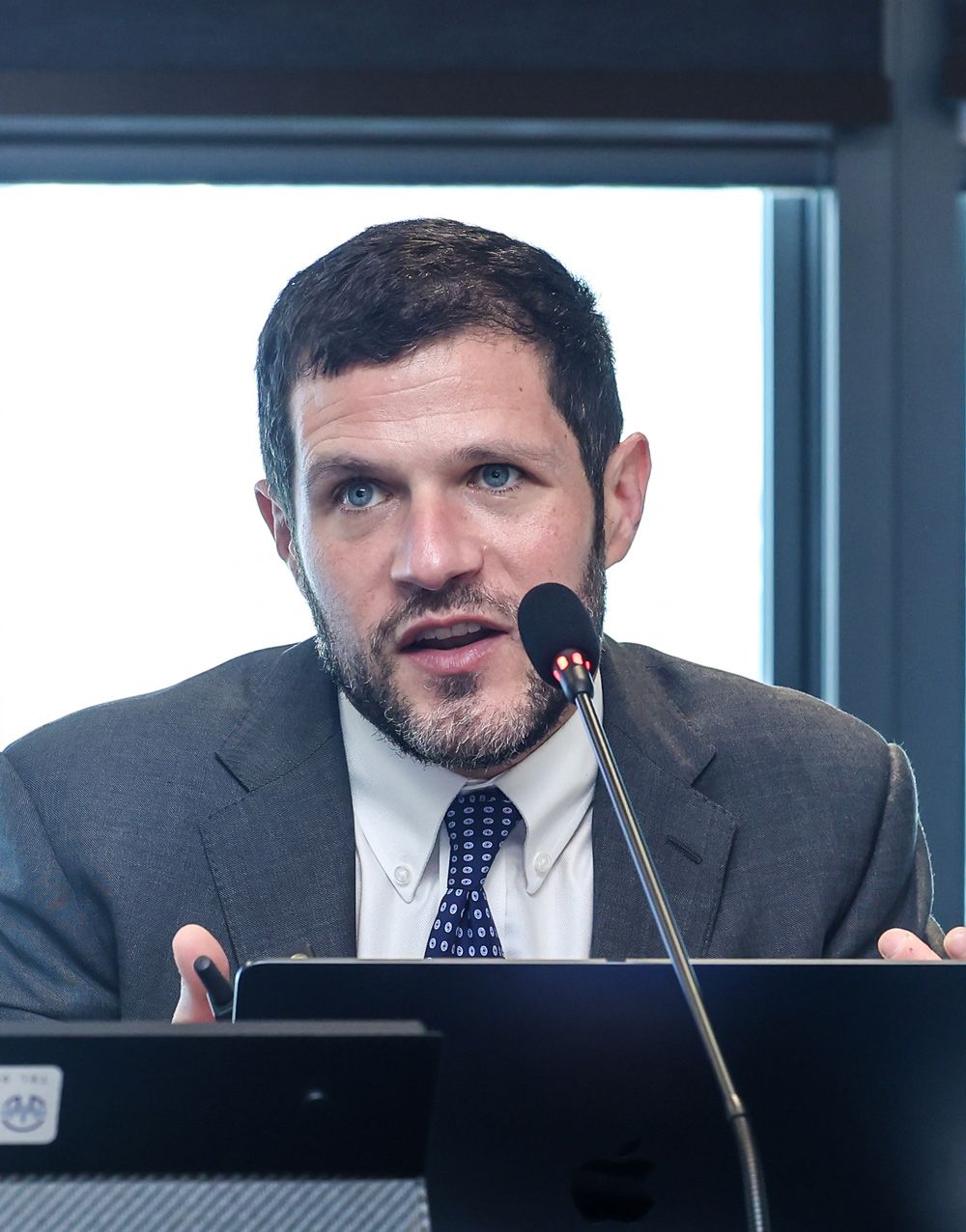Rachel George, Ian Klaus

Programs
Carnegie California
About the Program
Carnegie California links developments in California and the West Coast with national and global conversations around technology, subnational affairs, and trans-Pacific relationships. At distance from national capitals, and located in one of the world’s great experiments in pluralist democracy, Carnegie California engages a wide array of stakeholders as partners in its research and policy engagement.
Program Experts
Marissa Jordan
Program Manager, Carnegie California
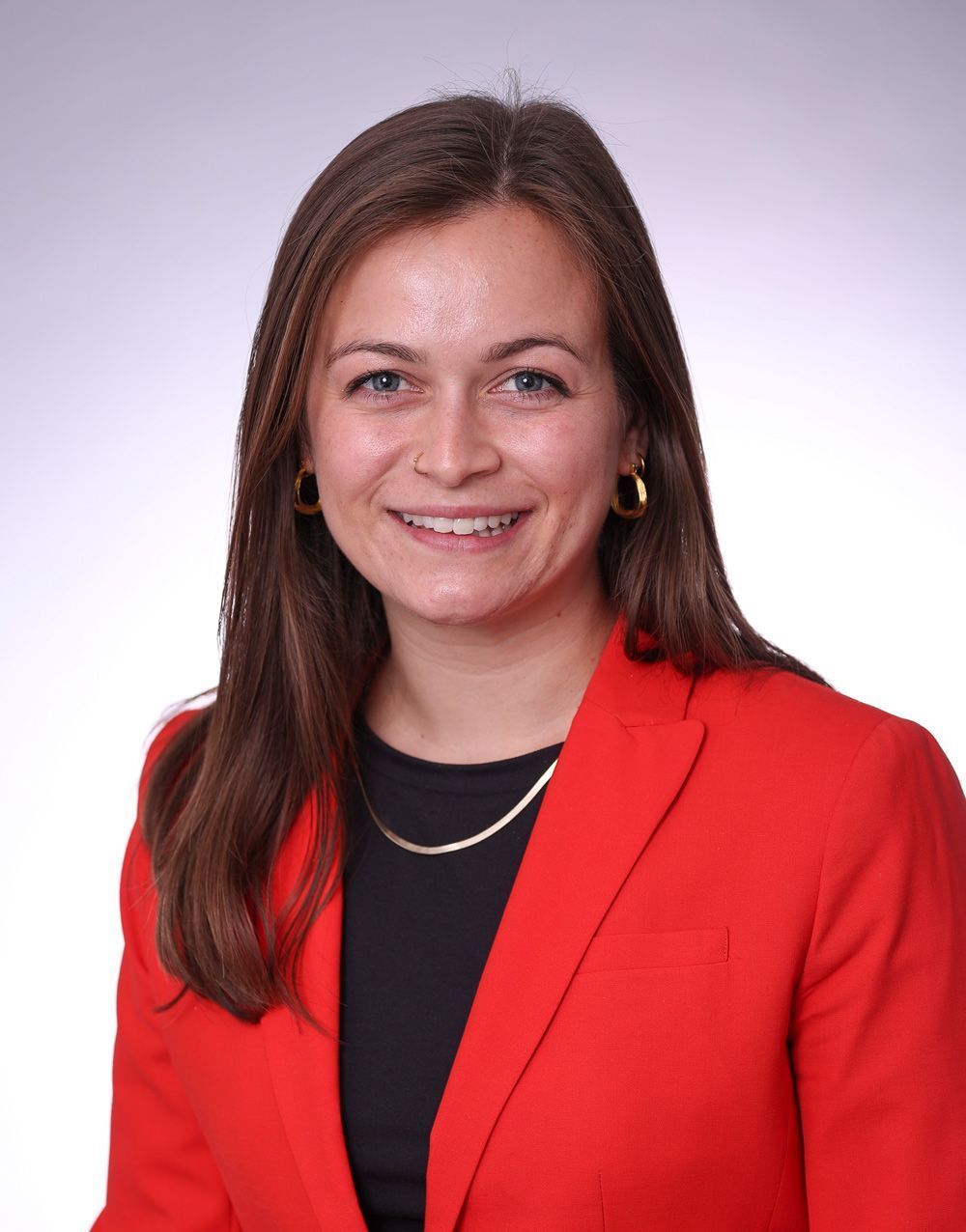
Scholars on Key Issues
Aubra Anthony is a nonresident scholar in the Technology and International Affairs Program at Carnegie, where she researches the human impacts of digital technology, specifically in emerging markets.
Dan Baer is senior vice president for policy research and director of the Europe Program at the Carnegie Endowment for International Peace. Under President Obama, he was U.S. ambassador to the Organization for Security and Cooperation in Europe (OSCE) and he also served deputy assistant secretary of state for the Bureau of Democracy, Human Rights, and Labor.
Francis Fukuyama is a nonresident scholar in Carnegie’s Democracy, Conflict, and Governance Program, where his research focuses on democratization and international political economy.
Matt Sheehan is a senior fellow at the Carnegie Endowment for International Peace, where his research focuses on global technology issues, with a specialization in China’s artificial intelligence ecosystem.
Milan Vaishnav is a senior fellow and director of the South Asia Program and the host of the Grand Tamasha podcast at the Carnegie Endowment for International Peace. His primary research focus is the political economy of India, and he examines issues such as corruption and governance, state capacity, distributive politics, and electoral behavior. He also conducts research on the Indian diaspora.
Pillars
Key Areas of Research
Tech in Context
We examine ecosystems that inform and shape technological innovation and the political economies, geographies, and relationships that emerge in response to new developments.
The innovations emerging at the frontier of artificial intelligence are poised to create historic opportunities for humanity but also raise complex policy challenges. As the epicenter of global AI innovation, California has a unique opportunity to continue supporting developments in frontier AI while addressing substantial risks that could have far-reaching consequences for the state and beyond.
- +20
Rishi Bommasani, Scott Singer, Ruth E. Appel, …
On many policy issues, California’s urban centers are united. On AI, differences between the San Francisco Bay Area and the rest of state are notable.
Ian Klaus, Mark Baldassare
Addressing the gap is essential to harness AI’s benefits, mitigate its risks, and ensure inclusive democratic resilience.
Rachel George, Abigail Manalese
Democratic Innovation
Carnegie California’s focus on state and local jurisdictions allows it to develop new approaches in the areas of democratic reform, migration, and climate action. We examine how cities and states address global challenges and shape emerging policy areas. This includes partnering with states to pilot digital deliberative democracy programs that thoughtfully incorporate artificial intelligence.
Government benefits can increase civic participation, strengthen trust in society, and improve compliance with the rule of law. Taking them away can do the opposite.
Katrina Kosec, Cecilia Hyunjung Mo
California’s difficulties with policy and project gridlock echo in large, complex, wealthy democracies worldwide—and consistent, pragmatic attention to lingering policy problems along with comprehensive political reform may be needed to fix it.
Mariano-Florentino (Tino) Cuéllar, Micah Weinberg
It’s ultimately local.
Hiroshi Motomura
Trans-Pacific Relationships
We analyze the unique set of exchanges—educational, commercial, cultural, infrastructure and diaspora—that inform the West Coast’s relationships with Asia, Oceania, as well as countries in Latin and South America.
The hot-button topic must grapple with whether the law is meant to translate the country’s physical border into law or to define communities inside the United States.
Hiroshi Motomura
Californians recognize the vulnerability of the state’s critical infrastructure—especially its ports.
Isaac B. Kardon
Global cities have played a central role in the era of neoliberal economic governance, but there are several signs that this role is under strain or perhaps even coming to an end.
Ian Klaus, Simon Curtis
Carnegie California Surveys
Carnegie California conducts the broadest annual statewide surveys on Californians’ perceptions of global affairs and AI. The surveys feature findings on climate, migration, democracy, diplomacy, technology, trade, jobs, and the economy, and are considered in the context of their national and international findings.
Californians believe that AI will significantly impact their work, communities, and democracy. But this is offset by high levels of anxiety and uncertainty around specific impacts.
- +3
Ian Klaus, Mark Baldassare, Rachel George, …
The 2024 Carnegie California Global Affairs Survey reflects Californians’ heightened concerns about ongoing conflicts and critical elections, including in the United States. It arrives at a tense moment in American democracy and during a critical election year for many of the world’s leading democracies.
- +1
Ian Klaus, Mark Baldassare, Marissa Jordan, …
Westward-looking, often aligned with their fellow Americans, and confident in U.S. global engagement, Californians would prefer that the role of their state and local leaders on the world stage be decided close to home.
- +1
Ian Klaus, Mark Baldassare, Marissa Jordan, …

